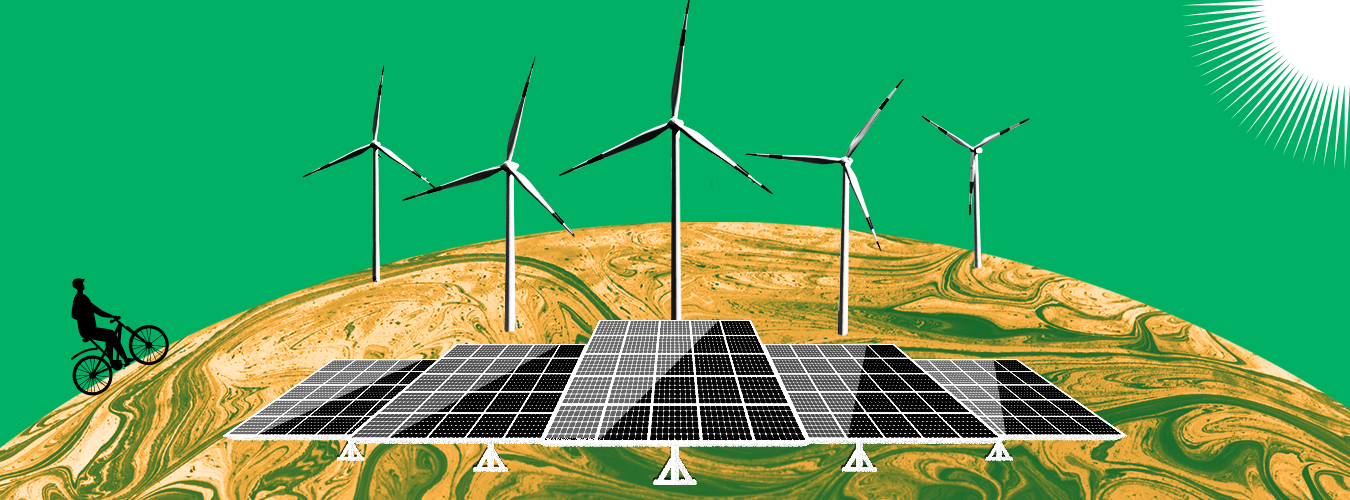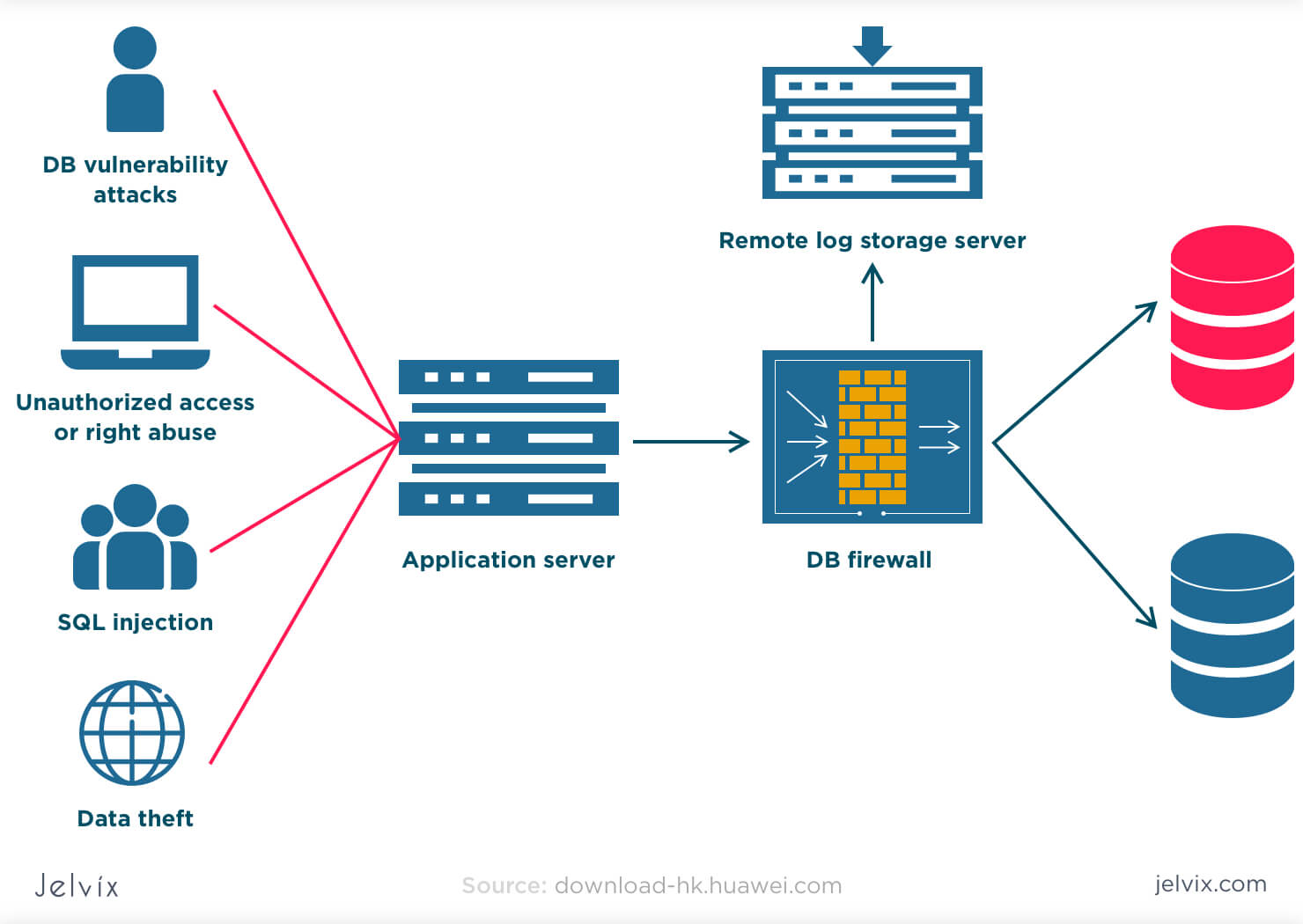Unlocking the Power of Renewable Energy – Harnessing the Future
Renewable energy has emerged as a critical solution to combat climate change and secure a sustainable future. As the world grapples with the environmental challenges posed by traditional forms of energy, the need to harness renewable energy sources has become more urgent than ever before. In this blog post, we will explore the potential and benefits of renewable energy and shed light on its indispensable role in shaping a greener and more prosperous future.
1. Understanding Renewable Energy
Renewable energy is derived from naturally replenishing sources that do not contribute to harmful emissions. This includes solar power, wind energy, hydroelectricity, geothermal energy, and biomass. Unlike fossil fuels, which are finite and contribute to greenhouse gas emissions, renewable energy sources offer a sustainable and cleaner alternative.
2. The Benefits of Renewable Energy
2.1 Environmental Impact: Renewable energy sources produce little to no greenhouse gas emissions, making them an ideal solution for mitigating climate change. By reducing reliance on fossil fuels, we can significantly reduce the carbon footprint and minimize air pollution.
2.2 Energy Security: Renewable energy sources are abundant and widely distributed. Unlike fossil fuels that often require long-distance transportation, renewable energy can be generated locally, reducing dependence on foreign imports and enhancing energy security.
2.3 Job Creation and Economic Growth: The renewable energy sector has the potential to create millions of jobs worldwide. Investing in renewable energy infrastructure stimulates economic growth, boosts local industries, and fosters innovation in clean technologies.
2.4 Public Health: Shifting towards renewable energy sources improves air quality and reduces respiratory illnesses. By replacing fossil fuel power plants with clean energy alternatives, we can promote healthier communities and improve overall public health.
3. Advancements in Renewable Energy Technologies
3.1 Solar Power: Solar energy has seen remarkable progress in recent years. The cost of solar panels has significantly decreased, making them more accessible to individuals and businesses. Additionally, advancements in solar battery storage allow for efficient electricity generation even during non-sunny periods.
3.2 Wind Energy: Wind turbines have become increasingly efficient and cost-effective. Advances in turbine design and technology have made wind energy a viable option to power homes, businesses, and even entire cities. Offshore wind farms and floating wind turbines are expanding the scope of wind energy generation.
3.3 Hydroelectricity: Hydroelectric power is a well-established renewable energy source. It harnesses the energy of flowing water to generate electricity. Projects such as dam construction and small-scale hydro systems provide clean and renewable energy to communities.
3.4 Geothermal Energy: Geothermal power harnesses the natural heat from within the earth. It is a reliable and constant energy source. Geothermal plants produce electricity by tapping into the earth’s internal heat, making it a sustainable and renewable energy option.
4. Government Support and International Initiatives
Governments worldwide are recognizing the critical role of renewable energy in mitigating climate change. Many countries have implemented policies, incentives, and regulations to promote renewable energy adoption. International agreements like the Paris Agreement and the United Nations Sustainable Development Goals also emphasize the need to transition to clean and sustainable energy sources.
5. The Future of Renewable Energy
As technology continues to evolve, the future of renewable energy looks promising. Innovations such as floating solar farms, tidal energy, and biofuels hold immense potential for widespread adoption. Additionally, integrating renewable energy with energy storage and smart grid technologies can enhance efficiency and reliability.
In conclusion, unlocking the power of renewable energy is not only an ecological imperative but also an opportunity to drive economic growth, job creation, and a healthier future. By harnessing the potential of solar, wind, hydroelectric, geothermal, and biomass energy, we can pave the way for a sustainable and thriving planet. Embracing renewable energy is a crucial step towards combating climate change and securing a brighter future for generations to come.











